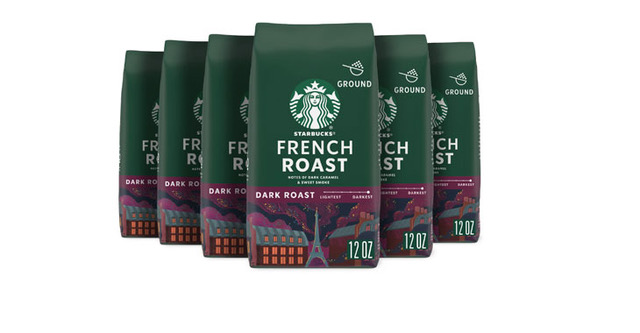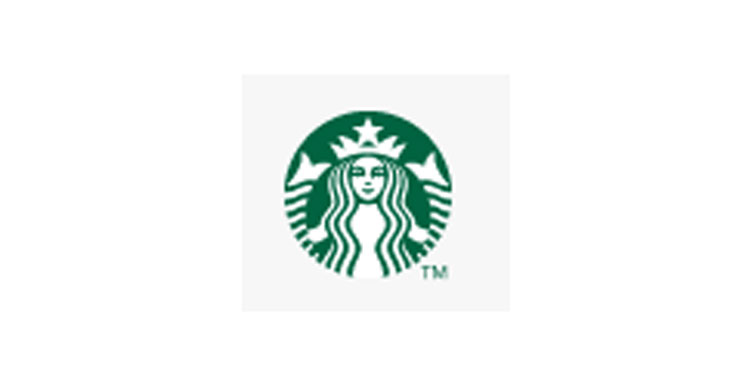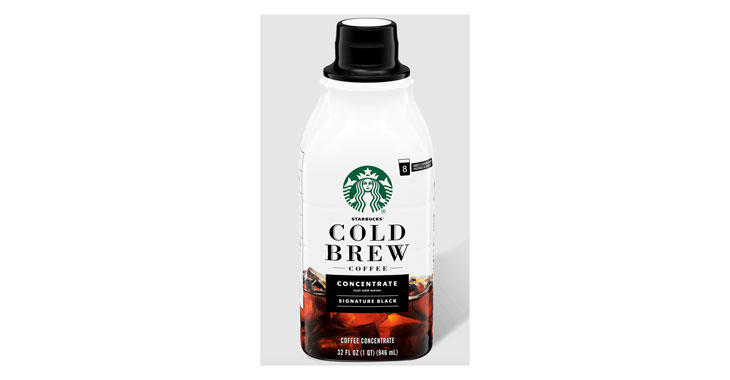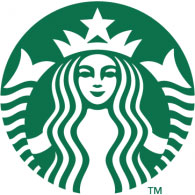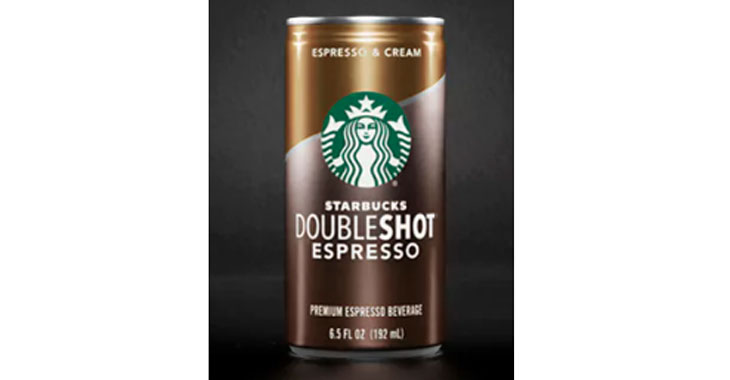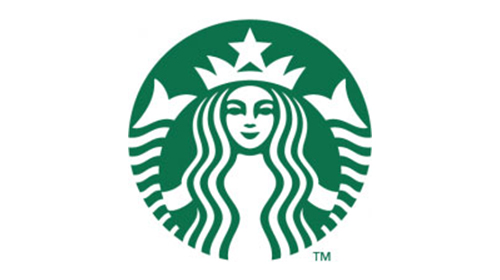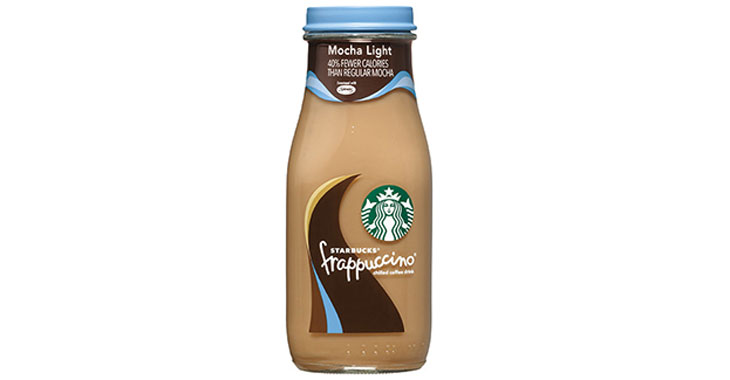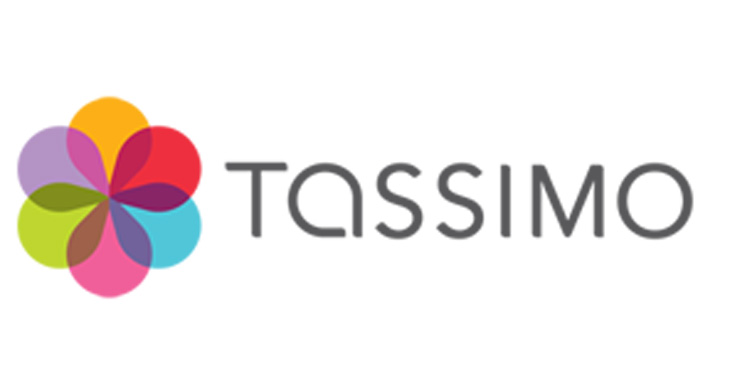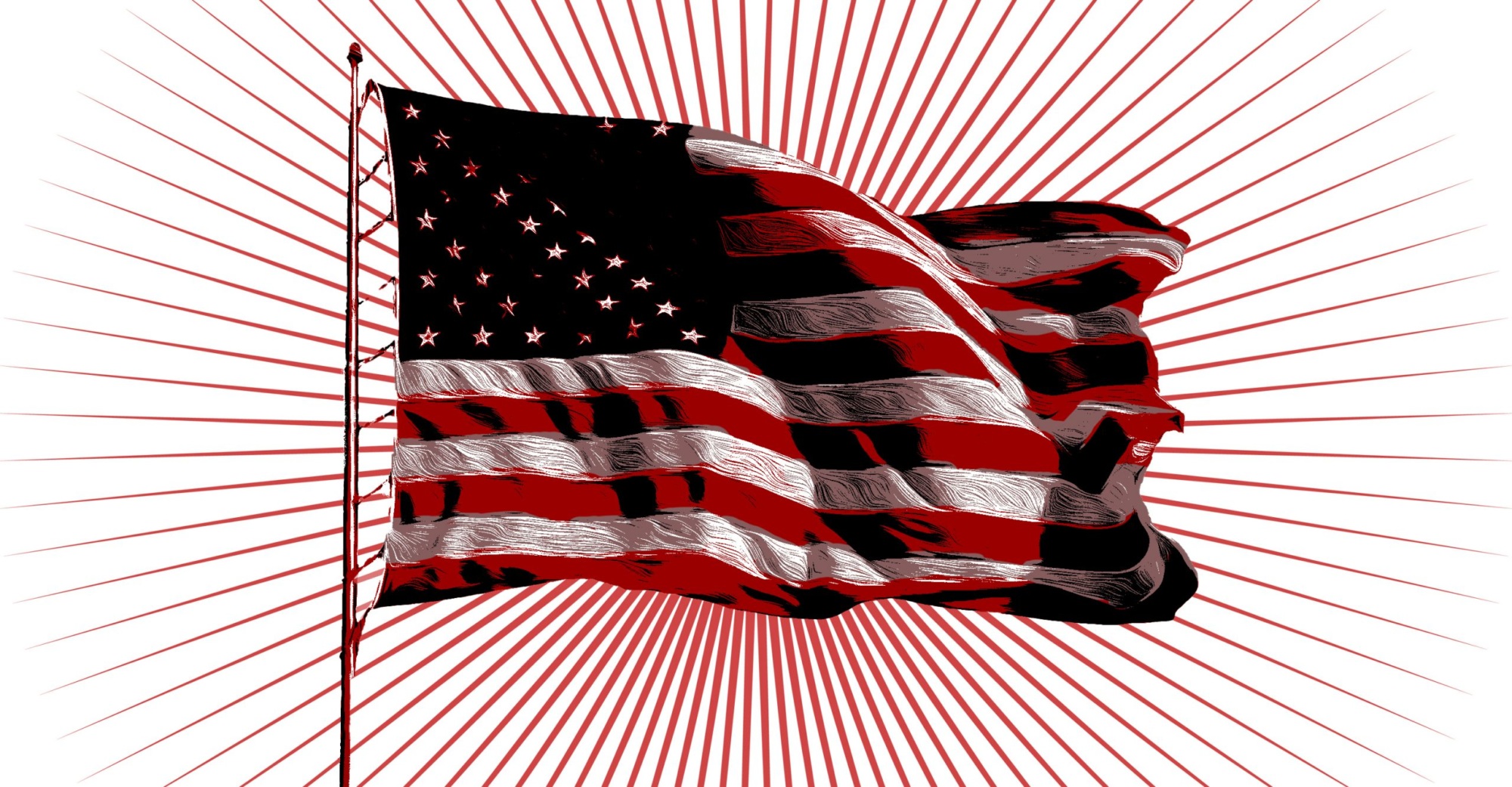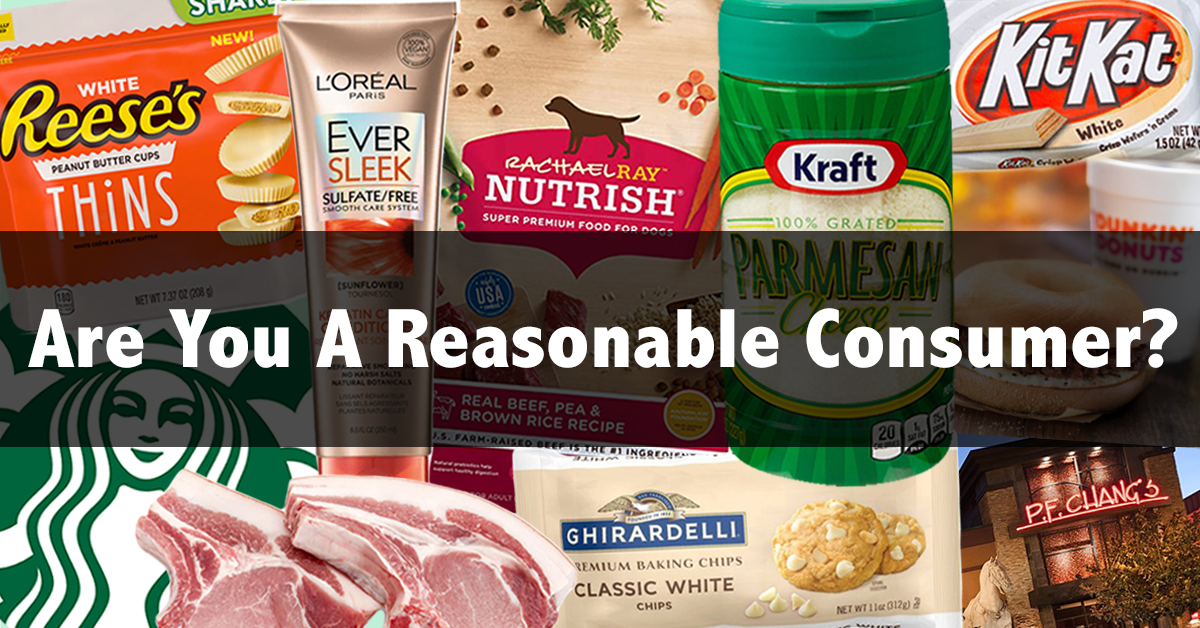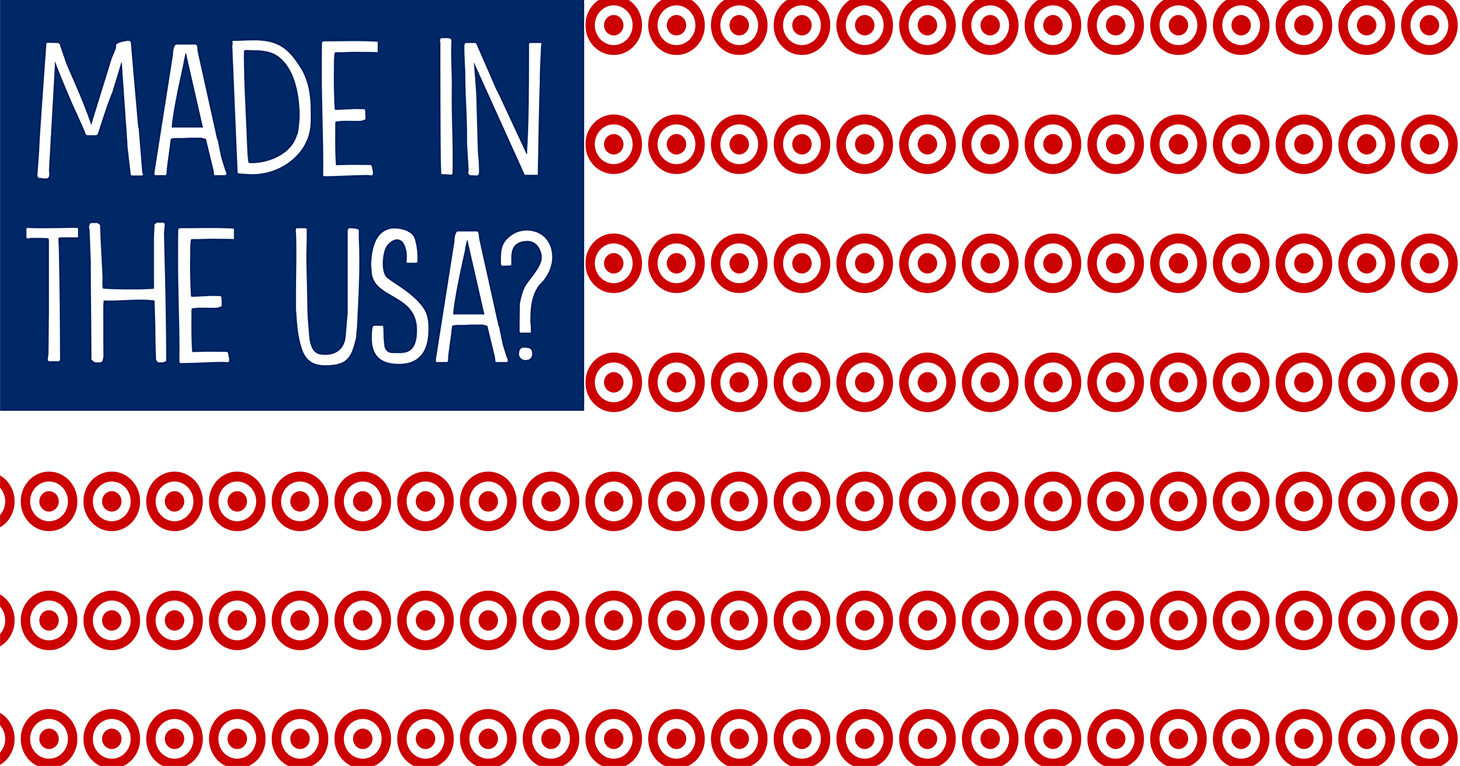
Target
TINA.org investigated Target’s website – www.target.com – and found that false and deceptive Made in the USA labeling issues were widespread on its site, including product specifications that falsely stated…
Dixon et al. v. Lyons Magnus, LLC and Tru Aseptics, LLC
22-cv-4039, D.S.C.
(Nov. 2022)
Jennings et al. v. Lyons Magnus, LLC, Tru Aseptics, LLC, Starbucks Corp., and Target Corp.
22-cv-2317, S.D. Ind.
(Dec. 2022)
Speaks et al. v. Lyons Magnus, LLC and Tru Aseptics, LLC
22-cv-1043, M.D.N.C.
(Dec. 2022)
Oatly, Stumptown, Glucerna, Intelligentsia, Aloha, Kate Farms, and Premier Protein products, including certain beverages, coffee, nutritional shakes and other supplements
Misleadingly marketing products as healthy, safe, and high quality without disclosing that they may contain harmful bacteria (cronobacter sakazakii)
Pending
TINA.org investigated Target’s website – www.target.com – and found that false and deceptive Made in the USA labeling issues were widespread on its site, including product specifications that falsely stated…
Allegations: Falsely marketing that the company respects human rights and uses sustainable practices
Allegations: Beverages do not contain the fruits advertised in the product name
Allegations: Misleadingly marketing products as “100% Arabica Coffee” when they contain added potassium
Allegations: Misleadingly representing that cocoa has been harvested following ethical and environmentally responsible standards
Allegations: Misleadingly marketing bagels as “Sprouted Grain” when they are made primarily with non-sprouted grains
Allegations: Coffee products contain fewer servings than advertised
Allegations: Falsely advertising that the flavor comes from vanilla when the ingredients list shows that the flavor comes from unspecified “Natural Flavor”
Consumers complain about higher prices at checkout.
Plaintiffs allege packaging misrepresents lidocaine dosages as ‘maximum strength,’ among other things.
Commission’s first open meeting with new chair brings action.
It’s the perfect formula for a class-action lawsuit trend.
See how you stack up.


